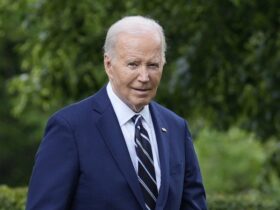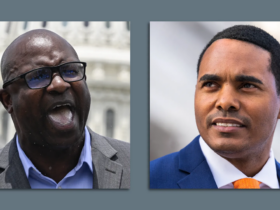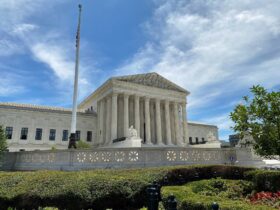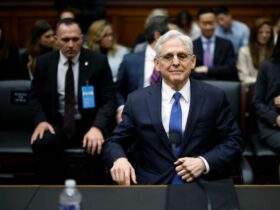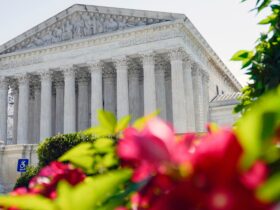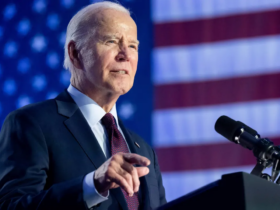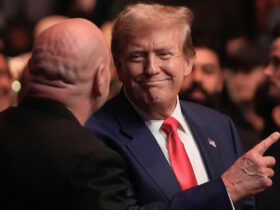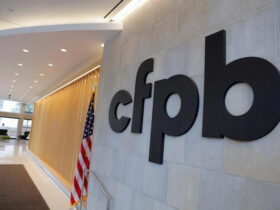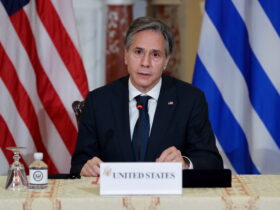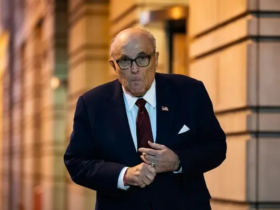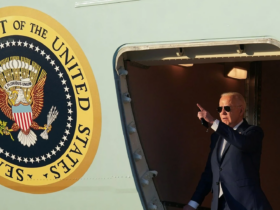United States: On Thursday, the Supreme Court threw out some regulations enacted by the federal government regarding the cost of insurance for Native American tribes to cover when they administer programs in their communities.
Avoiding Funding Gaps
Two tribes had taken up the task of running their health care programs under a law that aimed at providing Native Americans increased local control. Thus, the 5-4 decision implies that the government will bear millions in overhead costs incurred by the two tribes, as reported by the Associated Press.
To address those costs, it is “necessary to avoid a funding gap,” the Supreme Court’s John Roberts opined in a majority decision. Not reimbursing them means tribes have to “pay a penalty to be able to work toward self-determination.”
That is why the Department of Health and Human Services stated it does not fund overhead expenses tied to billing insurance providers, Medicare, and Medicaid.
Such costs for all that tribes manage their own active health care programs could amount to between USD 800 million and USD 2 billion every year, according to the agency.
Dissenting Opinion on Federal Funding
“The extra federal money that the Court today green-lights does not come free,” Justice Brett Kavanaugh wrote in the dissent, which was joined by Justices Clarence Thomas, Samuel Alito, and Amy Coney Barrett. “In my view, the court should leave those difficult appropriations decisions and tradeoffs to Congress.”
The federal Indian Health Service has been funding tribal health care since the 1800s under Treaty rights, but the infrastructure is very poor, and many are under-resourced, affiliate San Carlos Apache Tribe of Arizona noted in its papers to the Federal court.
Spending on health care per person by the IHS is one-third of Federal spending in the rest of the country,” the Northern Arapaho Tribe in Wyoming stated in the documents to the court. The life expectancy for Native American tribal populations is quite low, and it is around 65 years, which is, in fact, much lower compared to the life expectancy rate of the total U. S. population.
Support for Tribal Sovereignty
As stated by an attorney Adam Unikowsky representing the Northern Arapaho Tribe, the decision is beneficial to bring tribes at par with the IHS on the issue of health care and “support tribal sovereignty and ethic specific health care resources in under-served communities”.
The tribes agreed to let IHS operate their own clinics and outpatient facilities for everything from trauma care to substance abuse. The agency simply purchased the services from the tribes for the amount that would have been spent to provide and operate those services; however, the contract did not include billing of insurance companies or Medicare and Medicaid since other agencies are responsible for billing when the government is running the program.
Lower Courts and Supreme Court Appeal
Nevertheless, the tribes had to perform billing themselves. And that cost the San Carlos Apache Tribe nearly USD 3 million of overhead for three years plus the Northern Arapaho Tribe. These, they aver, were to cost USD 1.5 million over a two-year period. However, two lower courts supported the tribes.
The Department of Health and Human Services went a step ahead and appealed the case to the Supreme Court, noting that while tribes do receive some money to cover overhead costs, the government does not have the responsibility of covering third-party income-related costs, as reported by the Associated Press.
Today, many tribes receive federal recognition, and most of these tribes work with IHS to deliver some of their own health care services.


